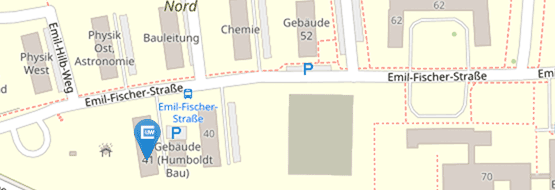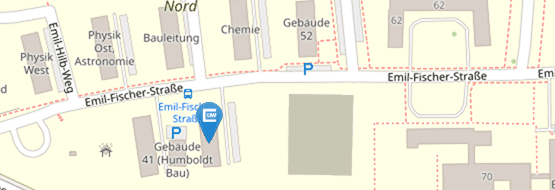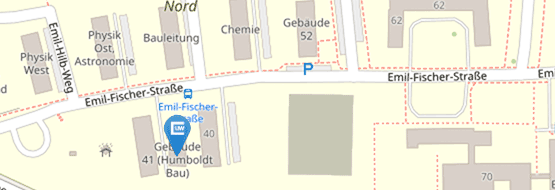Philosophy
- Understanding, not memorizing. Therefore, all my exams are open book, meaning that students can bring any books, lecture notes, or handwritten notes they wish. This does not mean that exams are perceived as easy.
- If you cannot apply it, you don't understand it. My lectures are full of hands-on spreadsheet-based valuation problems, using data sources such as the Deutsche Bundesbank or the German Actuarial Society (DAV). All thesis projects I supervise contain numerical applications, either with programming languages such as R or C++, or based on spreadsheet programs such as OpenOffice or Excel.
- Teaching is personal. Theses supervision (M.Sc., B.Sc.) and mentoring is always in person, and not outsourced to assistants or Ph.D.-students.
- Internationalization. Written language in lecture notes and tutorials is English. For some content, German translations exist. Spoken language in my master course lectures is English, while - for the time being and despite of English notes - it is German in the bachelor course lectures.
- Pitching at the right level. In none of my lectures I entirely follow specific books. Instead I use my own lecture notes, in order to pitch teaching at exactly the right level suitable for the specific mix of students I am facing.
- Alignment of lectures and tutorials. All tutorial exercises are an integral part of the corresponding lecture notes, and are not separated from the text in specific sections etc. This way, students always know when the level is reached at which they can attempt solving particular questions, and it is also is avoided that lectures and tutorials slowly drift apart over time.







